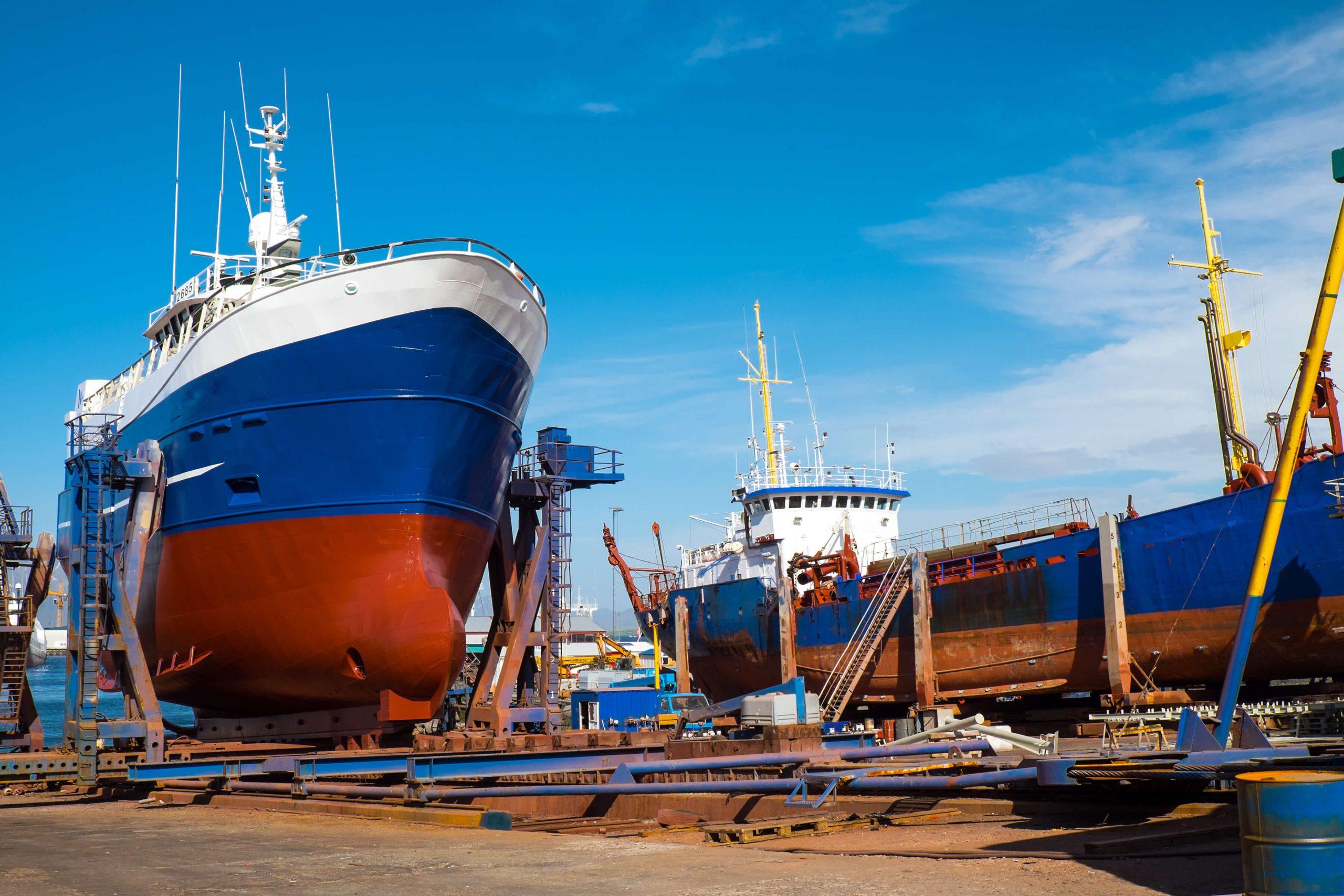Introduction
Historically drydocks were seldom facing the problem of obtaining security for the work performed over a vessel. Due to a general retention right recognized nearly worldwide, the payment was in fact made before the vessel was leaving the drydocks. However, in the current market, many shipowners are asking for delayed payment terms and it is therefore becoming an increasing problem for drydocks to secure their claims, particularly as most vessels nowadays already have a priority mortgage in favor of a financing institution.
In such cases security can be obtained (i) in the form of a second priority mortgage, or (ii) by way of an arrest of the vessel (either while in possession or after the vessel has left the drydock).
While an arrest in the UAE can prove not to be always the best solution and a second priority mortgage a security not attractive, there are other options provided by UAE law that may be worth exploring.
Arrest
Ship arrest, particularly within the drydock premises, may not always be a perfect solution due to the value of the vessel (rectius, of the projected outcome of a judicial sale) not being sufficient to cover the debt, and also because from a practical point of view the vessel under arrest within the drydock premises may create safety risks or reduce the working capacity of the drydock for a significant amount of time.
A reform of the UAE Maritime Law should thus take into consideration the possibility of Court approved private sales of vessel lite pendente. This would be of assistance to a claimant in avoiding a depreciation of the asset following an arrest and the litigation process, and would particularly benefit creditors as drydocks, who would not anymore fear for safety of their premises or work schedule when deciding whether to arrest a vessel or not.
Other Security
In the UAE, security by way of a second priority mortgage will rank below (i) a first priority mortgage, and (ii) priority claims listed in Article 84 of the UAE Maritime Law, hence why not an attractive perspective for creditors. In certain circumstances, however, the claim of a drydock under UAE law may be seen as a priority claim under Article 84 of the UAE Maritime Code.
Under Article 84(e) of the UAE Maritime Law in fact “debts arising from contracts concluded by the master […] for an actual need dictated by the maintenance of the vessel or the continuance of its voyage […] or whether the debt is due to him, or to persons undertaking the supply, or lenders, persons who have repaired the vessel, or other contractors” will be considered as priority debts, and will thus rank at least pari passu with other creditors who may seem otherwise to have better chances of recovery.
The difficulty in trying to rely on this provision to have the drydock’s credit prioritized is however that the UAE Courts will interpret the wording of Article 84(e) strictly, and therefore will not consider a drydock’s claim as a priority claim unless the repair contract has indeed been concluded by the master of the vessel.
This priority would however be temporary and will lapse after the period of one year from the date of the occurrence of the debt. Further, the priority (if given) would be only valid under UAE law, and therefore a drydock trying to secure its credit should always insist, where possible, to obtain also a second priority mortgage to secure its claim.
The two securities may be obtained at the same time and the execution of a second priority mortgage will not negatively affect a claim for arrest under Article 115(j) and the priority established under Article 84.
Given the difficulties mentioned above in reconciling the claim as a priority claim under Article 84(e), confirmation of the ranking of a drydock’s claim can however only be given upon review of the specific documentation.




